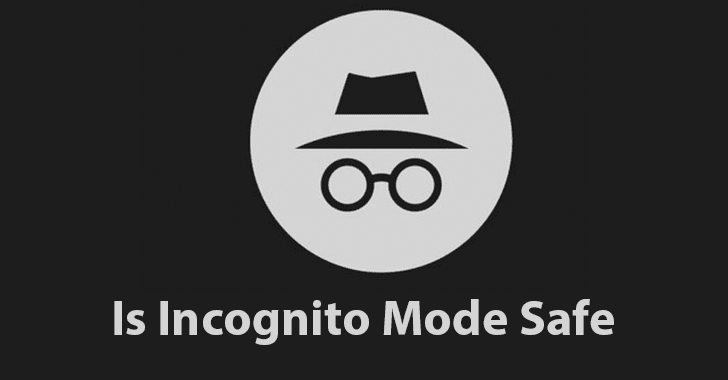Normally, every website you visit is recorded in your browser’s history. Your browser will remember the URLs of websites you regularly visit, files you’ve downloaded, data “cookies” that track your activity on certain sites, what you’ve typed into search engines, and any account log-ins you’ve decided to store.
Assuming you’re on a personal computer, this might be very convenient. If you regularly visit certain pages, your browser may automatically fill within the URL as soon as you begin typing.
If you read something useful but can’t remember where you saw it a few of days later, a fast peek at your history will point you within the right direction.
If you’re uninterested in remembering passwords, your browser can remember them for you.
Perhaps, however, somebody else uses your computer and you’re uncomfortable knowing they’ll have access to such an entire digital footprint.
If you employ your browser’s private mode or Incognito Mode, all the knowledge I listed above disappears as soon as you shut your browser.
Maybe you were surfing sites with Incognito mode in browser you’d be embarrassed to share, or even you were planning a surprise anniversary trip — either way, whoever hops on your computer next will likely be none the wiser.
What Can Data Thieves Do With my Information?
If data theft seems like your biggest concern after reading the previous section, you’re probably right.
The Pew research facility recently found that 18% of USA citizens recently reported that they’d had personal data stolen online.
And data thieves can do many injuries, counting on the knowledge they receive, including:
Going on shopping sprees: When someone has your MasterCard number, they’re usually getting to use it, and fast — perhaps before you even realize it’s been stolen.
If they need your banking information, they go to quickly drain your accounts.
Committing tax, employment, or medical fraud: Someone who has your Social Security number and other information could file a fraudulent income tax return in hopes of snagging a refund. they might also file for unemployment benefits in your name — this recently happened to a lover of mine, who discovered it had been startlingly common as she talked to officials at the unemployment office.
Data thieves can even use your insurance information to urge medical aid or prescriptions.
Open new accounts in your name: Certainly, a knowledge thief may apply for brand fresh credit cards in your name, but the possibilities are endless — they might also open bank accounts and bounce checks, apply for loans, and even open up new utility accounts as you. All of those things could trash your credit score.
Ways to Guard Yourself
So if private browsing can’t keep you completely secure, what can? Unfortunately, there are not any guarantees of total security within the online age, but there are several belongings you’ll do to assist keep your data safe online.
Double-check for Encryption
If you’re employing a public network and demand on doing online shopping, banking, or something else which may leave important data vulnerable, pay careful attention to encoding.
You want to work out “https” rather than just “http” at the start of a URL when you’re on a site where you’ll input any potentially sensitive information.
you’ll also see a green bar happen by the site’s URL with a lock icon. this suggests things is that the important deal in which your information is becoming to be encrypted when it’s sent, so as that hacker can’t see it.
Check out the HTTPS Everywhere browser extension, available for Chrome, Firefox, and Opera, which automatically bolsters your security on an HTTPS-enabled site.
Use a Virtual Private Network
Even if you employ private browsing (Incognito Mode), anyone who has access to the network you employ to attach to the web can potentially see what you’re doing and pin it to your Internet Protocol (IP) address, which may potentially be traced back to your router — and your address.
You can use a VPN reception or on the road, so this is often probably one among the safest ways to surf if you actually got to use public Wi-Fi. Several VPN providers like surfshark or Private Internet Access will provide their layer of additional security for fewer than $10 a month — money well spent for anyone who cares about cybertheft.











.webp)